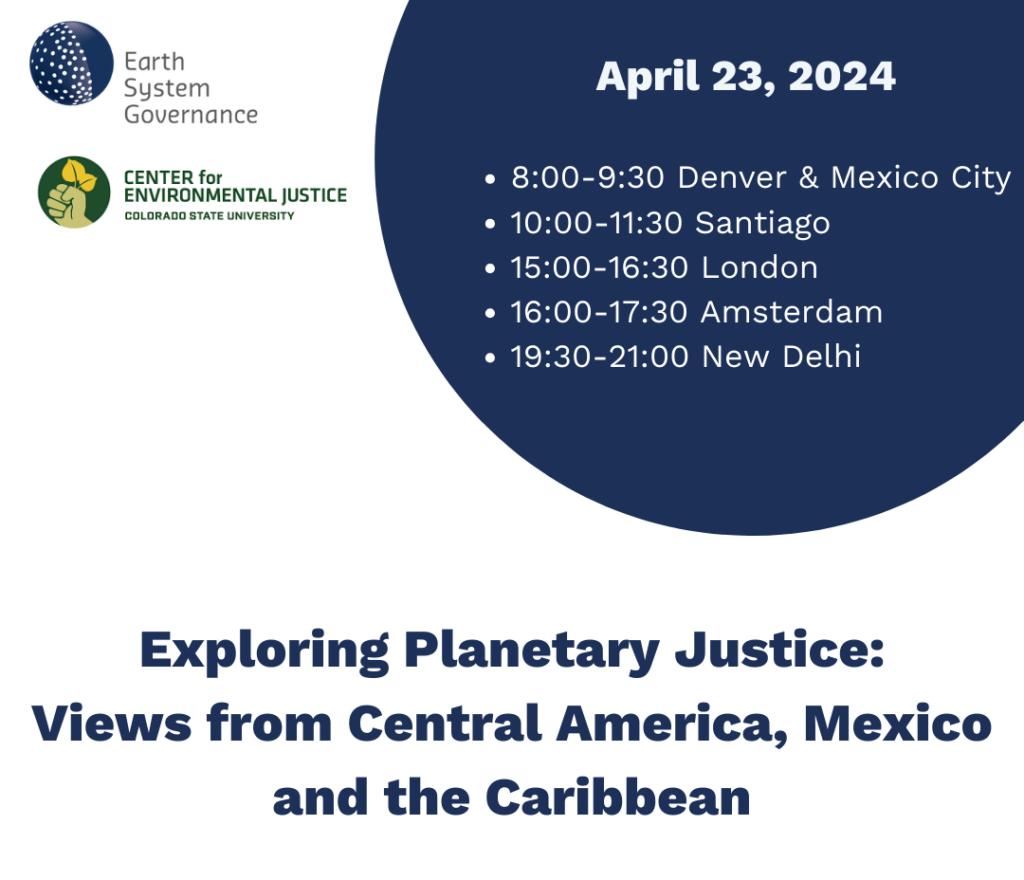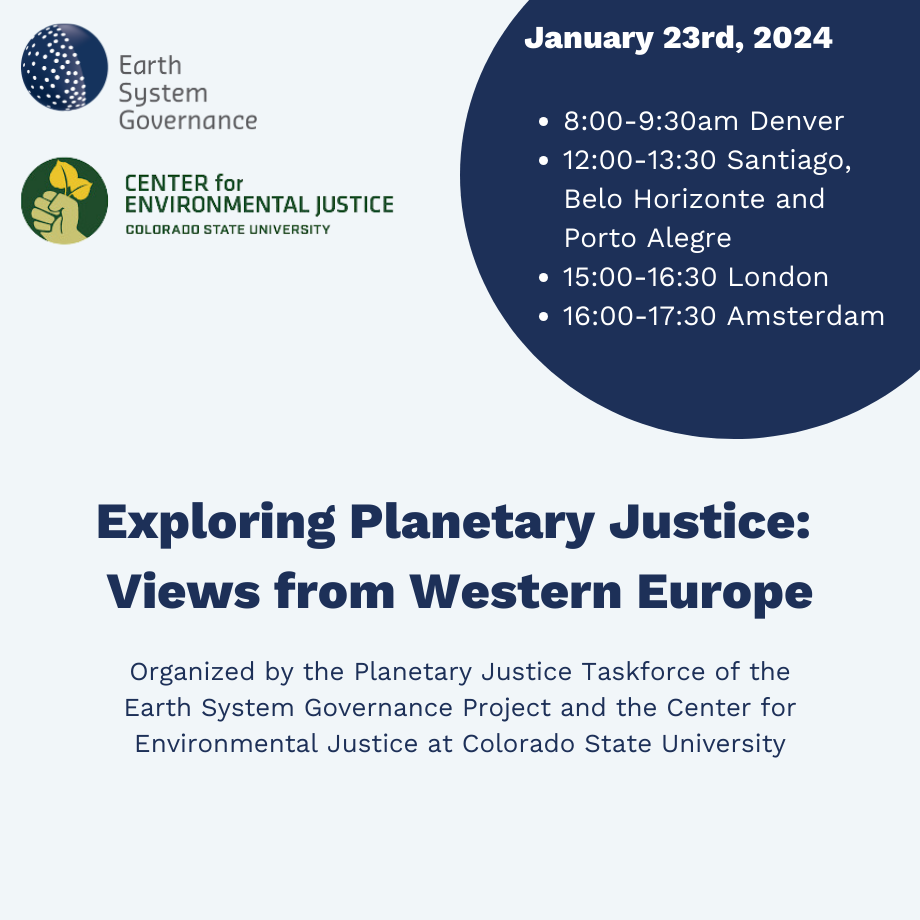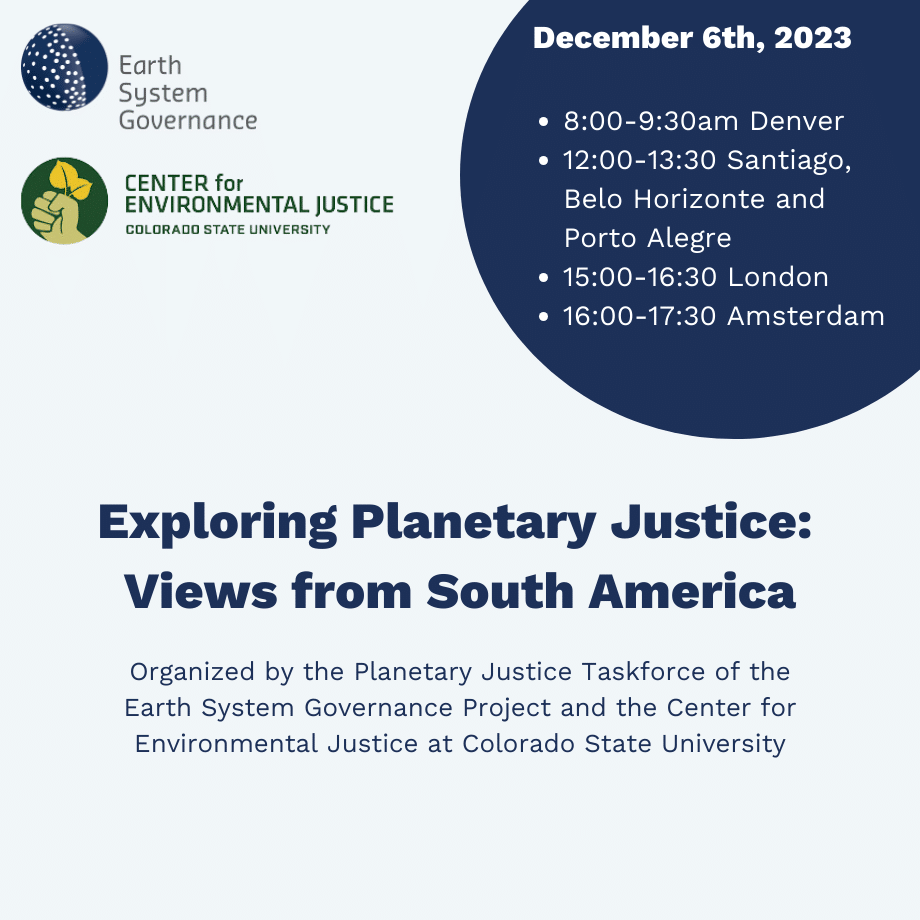United Nations University Headquarters, Tokyo, January 28, 2013
organized by the
Ad Hoc Joint IAV-IAM Committee on Development and Use of Socio-Economic Scenarios and the Task Force on Methodology for Earth System Governance Research
Aim
To bring together the integrated assessment scenario community and their work on the Shared Socio-economic Pathways (the next generation scenarios for analyzing climate change, adaptation and mitigation) and the Earth System Governance community, to further explore possibilities for improved scenario analysis and joint research.
More on the SSPs
The SSP process is basically an effort by the “scientific community” to develop the next generation of global socio-economic scenarios, to be used in both emission mitigation analyses and for impacts, adaptation and vulnerability studies. As such, they can be seen as a successor for the IPCC-SRES scenario’s, but more focused on supporting response strategies to climate change besides providing reference emissions pathways.
Possible outcomes
- Commonly shared statements about the possible future evolution of global governance in the different SSP narratives
- Preliminary set of governance indicators that would be relevant to include in SSPs
- Plans for future collaboration
Programme
09.00 Welcome with coffee / tea
09.30 Start of meeting
- Aim of the meeting – Arthur Petersen, co-chair Task Force on Methodology for Earth System Governance Research
- Introductions
10.00 Part 1: Introduction to Shared Socio-economic Pathways
- Presentation SSPs (what they are, how they will be used etc) – Tom Kram (co-chair Ad Hoc Joint IAV-IAM Committee on Development and Use of Socio-Economic Scenarios) (30 minutes)
- Q&A (30 minutes)
- What the SSP community hopes to gain from collaborating with the Earth System Governance community – Marc Levy (co-chair Working Group on IAV quantitative elements and evaluation metrics)
- Initial discussion on the contribution of Earth System Governance to SSPs
12.00–13.00 Lunch
13.00 Part 2: Bringing in global governance perspectives
- Extending the basic SSPs with plausible stories on how international relations will develop (drawing from different IR theories, such as realism, institutionalism, critical theory)
- Discussing possible governance indicators
14.30 Part 3: Applying the SSPs in the context of Sustainable Development Goals
- A “scenario exercise” applying the five SSPs in the context of reaching or not reaching Sustainable Development Goals, including extension of the Millennium Development Goals
16.00 Part 4: Reflection and next steps
- Reflection on what we have been doing
- Possible next steps
17.30 Openings reception Earth System Governance conference
Basic reading before the meeting
- Info on the JIIC: http://www.isp.ucar.edu/joint-iav-iam-committee
- Draft Framework paper: www.isp.ucar.edu/sites/default/files/Scenario_FrameworkPaper_15aug11_0.pdf
- Narratives: https://www.isp.ucar.edu/narratives-ssps-working-group
- SSP quantification: https://secure.iiasa.ac.at/web-apps/ene/SspDb/
Participation
This workshop is by invitation only, but we encourage those who would be interested to partipate to contact Arthur Petersen (arthur.petersen [at] vu.nl).



